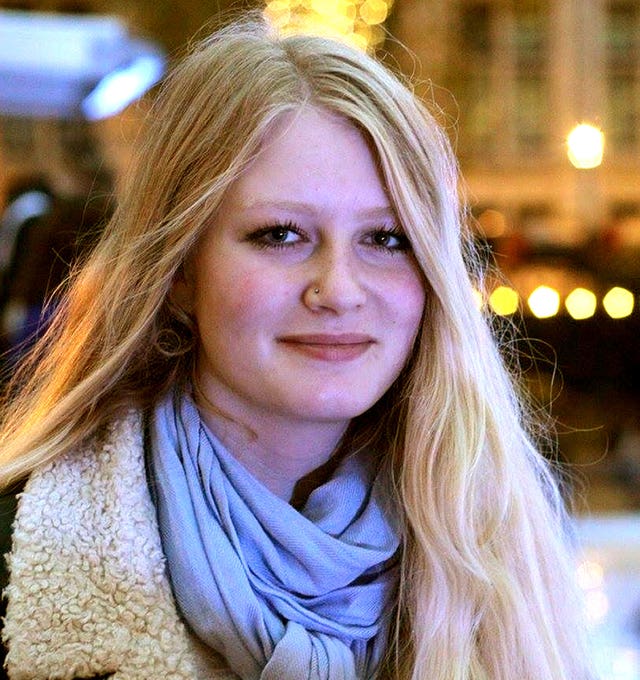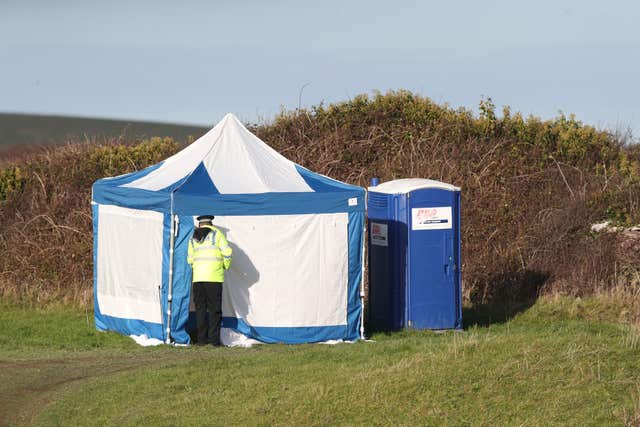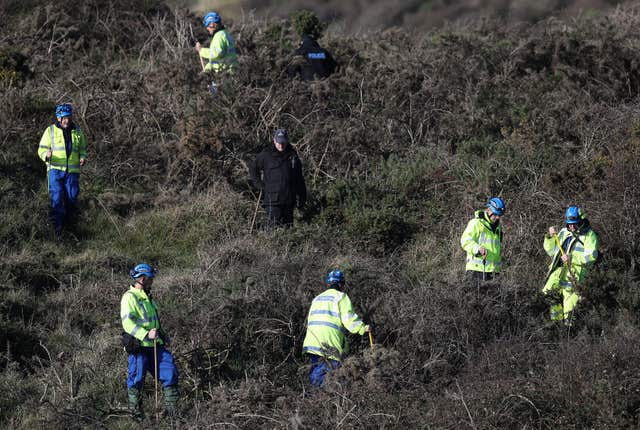A police officer admits retrospectively altering search records relating to the hunt for missing teenager Gaia Pope-Sutherland, an inquest has heard.
Pc David Taylor said he inserted additional information into Dorset Police’s search logs up to a month after the 19-year-old was found dead in 2017.
Miss Pope-Sutherland, who suffered with severe epilepsy, had run away from her aunt’s home in Swanage, Dorset, in a “distressed” state on the afternoon of November 7.
She was soon reported missing by her family and Dorset Police launched a search operation involving the Coastguard, helicopters and volunteers.

The college student was found 11 days later in dense undergrowth near the Swanage coastal footpath between Dancing Ledge and Anvil Point, having died of hypothermia.
Dorset Coroner’s Court heard that eight separate search logs had been created by police officers between November 9 and November 17 to record information relating to the search for Miss Pope-Sutherland.
The information was typed into Microsoft Word documents and then uploaded to the computer system, but the changes made by Pc Taylor only came to light after the inquest had started.
Pc Taylor, who was the deputy police search co-ordinator, apologised to the teenager’s family for any “confusion or upset” caused by his actions and said his intention was only to collate the information.

Sarah Clarke QC, counsel for the inquest, suggested that noting changes subsequently made to contemporaneous records is “one of the first lessons you learn at police school”.
The officer replied: “I can only apologise. My thought process was to produce a clear report of what was going on.
“At the time I felt I was writing a report and including notes and details about what I knew at the time.
“I do not believe anything in there would have changed the decisions made at the time.”
Miss Clarke suggested to the officer that he had “beefed up” the log because he knew there would be an inquest before a coroner.

Pc Taylor replied: “I can understand why the inference would be drawn now. I can only say that I wanted to bring all the information together.
“In hindsight, would I do the same again? Absolutely not. It was wrong. It doesn’t look great, and I apologise for that.”
Answering questions from Rachael Griffin, senior coroner for Dorset, Pc Taylor denied attempting to mislead the court by altering the logs.
“In any way were your actions intentional and malicious? In any way did you falsify documents,” Mrs Griffin asked.
Pc Taylor replied: “No, absolutely not.”
The coroner asked: “In any way did you intend to pervert the course of justice?”
He replied: “No, absolutely not.”
Before answering those questions Mrs Griffin gave the witness a direction that he did not have to answer any questions which may incriminate himself.
The court also heard that a colleague of Pc Taylor created a new log for Miss Pope-Sutherland by copying an old document, which contained details about another missing person, that led to incorrect information being included.
But Pc Taylor said that “absolutely no way at all” did it affect the search for the teenager.
The inquest continues.




Comments: Our rules
We want our comments to be a lively and valuable part of our community - a place where readers can debate and engage with the most important local issues. The ability to comment on our stories is a privilege, not a right, however, and that privilege may be withdrawn if it is abused or misused.
Please report any comments that break our rules.
Read the rules here